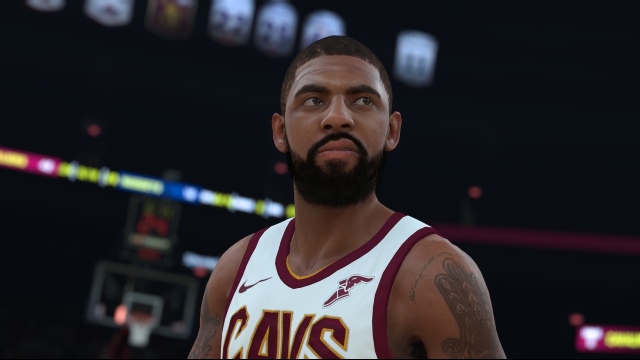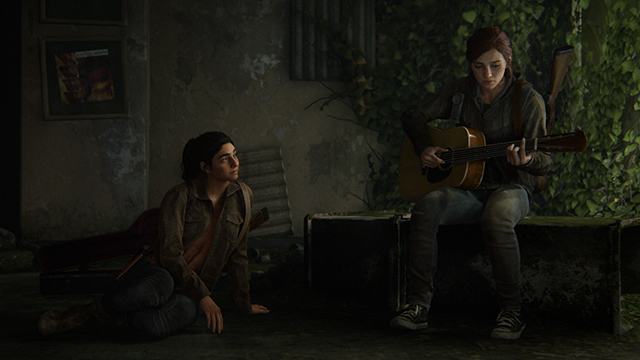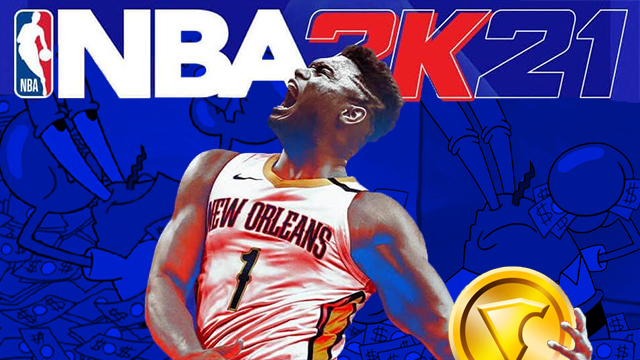NBA 2K21 had a big week of revealing. It showed off its cover athletes, Kobe Bryant edition, and Take-Two’s shameless attempt at squeezing PS5 and Xbox Series X players out of an extra $10. Instead of being $60, NBA 2K21 buyers on the next batch of systems will be paying $70. While stepping up the price isn’t too outlandish on its face, the fact that NBA 2K21 was the first official game to take that step is insulting.
NBA 2K6 and NBA 2K20 both sold at retail for the same amount of money — $60 — because console game prices have not gone up since the PS3 and Xbox 360 generation kicked off in 2005. Game budgets, however, have. According to Yoshio Osaki, the president and CEO of consulting firm IDG, the average amount of money needed to make a game has doubled or tripled in those ensuing 15 years.
That’s not hard to believe as games balloon in size and then need more artists to fill up that space with even better-looking art. Standards have also risen with those budgets, which in turn, pressures studios to have more features and polish. Combined with inflation, it’s easy to see how games would eventually have to break the $60 ceiling, as some have argued for.
The “necessity” of microtransactions
Microtranactions and DLC were often seen as the reason why game prices were able to delay an inevitable price hike. After all, if a publisher could milk fewer people for more money, then they wouldn’t have to be the bad guy that spiked up the prices. Whether you personally agreed with it or not, it was like an unwritten contract between players and publishers: They keep prices at $60 but most would have an additional form of monetization.
Publishers have invalidated that contract as their microtransactions became more ridiculous and predatory and few are as ridiculous and predatory as the NBA 2K series. It’s why NBA 2K21’s price hike is so egregious as it shows how futile that “contract” was in the first place in many cases as monetary boundaries were pushed not out of necessity, but out of pure greed. They were not there to just offset rising costs; they were there to suck out every possible penny and dime because it is never enough. Even 2K20 had a whole semi-erotic trailer devoted to its microtransaction-filled MyTeam mode and was that gluttonous mentality boiled down into brazen marketing material.
This leech-like demeanor (almost literally in CEO Strauss Zelnick’s case) is more easily shown in Take-Two’s financials as a whole as the company shifted more and more toward recurrent consumer spending with each passing year. Thinking Gamers even compiled a video of Take-Two’s financial reports from 2012 to 2017 where the company mentioned “recurrent consumer spending” eight times in the 2014 report, 20 times in the 2017 one, and 23 times in the 2019 report, probably salivating more every year as its revenue soared. The increase in the use of the term correlates to the publisher’s increased reliance on it.
More, more, and more

Sales for the series went up, too, as 2K13 sold around 5 million copies and 2K20 moved over 8 million units. Take-Two even reported that the virtual currency spending was increasing at a rate that eclipsed the jump in sales. Essentially, more players were buying the game, but significantly more were buying the currency (and that virtual currency yields higher margins when compared to game sales).
The basketball games were also almost always the highest sellers of the year, too. Except for 2013, NBA 2K was always in the top 10 best-selling games of the year since microtransactions were implemented, often cracking the top five or top three. 2K20 was even the second best-selling game of 2019.
And while these games do take money to create (and license), they are annualized entries in a sport that does not fundamentally change much year over year. This would theoretically limit the budget ceiling in comparison to games that are almost completely new each time like Dark Souls or other annualized games with multiple teams like Call of Duty. Call of Duty may feel familiar from year to year, but at least it does not star a similar cast on the same court.
Better games should make the argument

These other games make better arguments for being $70 and further point out how NBA 2K21 is the worst possible game to spearhead this initiative. The medium is generally getting bigger and more complicated so it isn’t inconceivable to have a debate on the standard base retail price. The production value of titles like The Last of Us 2 and God of War are better examples to advocate for a price hike, given their longer development cycles and highly detailed, well-crafted worlds.
Arguments for these types of games may not completely mitigate the late-stage capitalism inherent to the industry that continually steals from the bottom and gives to the top while continually demanding more from said bottom. It’s a bloodsucking practice that is just built in. But at least it would show that there is some give and take as some titles are less tainted by the business side of things and more deserving of a higher price tag. That’s plainly not the case with NBA 2K and games like it. It’s just take and take.
Given the high sales, exorbitant amount of microtransaction revenue, and annualized release schedule, there is little reason for NBA 2K21 to jack up its prices for the next generation while also leading the charge that claims games need to be more expensive. It, like other games in its league, has dollars coming in from all angles that significantly eclipse its budget and single-handedly dismantle the notion that most publishers “need” to do this. The almost universally maligned microtransactions were already like getting dunked on and that extra $10 is like getting teabagged on the way down from the rim.







